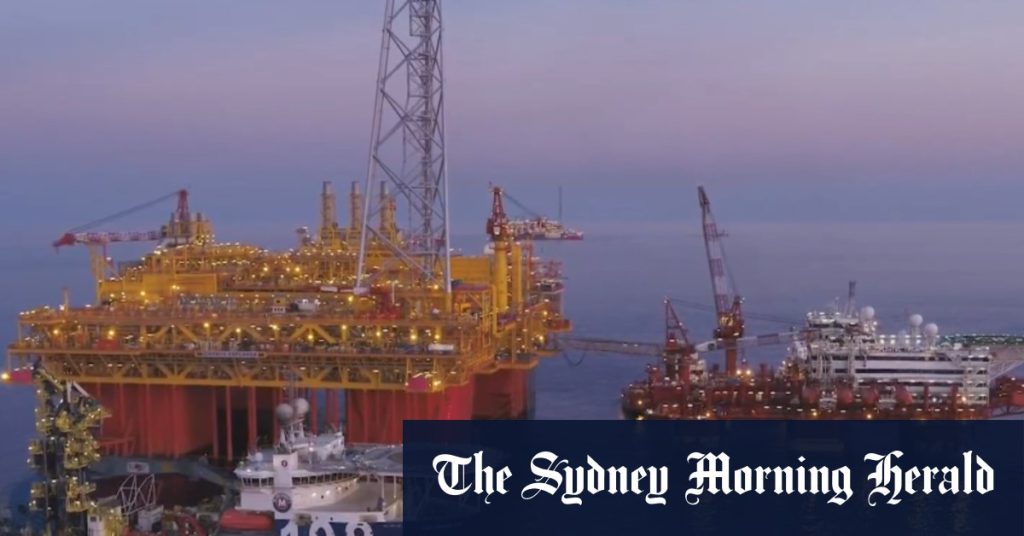The Australian Competition and Consumer Commission (ACCC) has issued a stark warning about the potential for a gas shortage in Australia in the coming years, a scenario that could necessitate costly imports of liquefied natural gas (LNG) and subsequently drive up energy prices for consumers. This projected shortfall stems from a combination of factors, including increasing domestic demand, plateauing gas production, and the long-term contracts that commit a significant portion of Australia’s gas production to export markets. The ACCC’s concerns underscore the complex interplay between domestic energy security and the nation’s role as a major global LNG exporter, a dynamic that poses significant challenges for policymakers seeking to balance competing interests. The potential for a gas shortfall not only threatens household budgets but also raises concerns about the reliability of energy supply for businesses, potentially hindering economic growth and competitiveness.
The ACCC’s analysis paints a concerning picture of the eastern Australian gas market. Despite being a significant gas producer, the region faces the prospect of a gas shortfall of approximately 56 petajoules in 2027, a figure that represents a significant portion of domestic demand. This predicted deficit arises from a confluence of factors, including the depletion of existing gas fields, limited investment in new exploration and development, and the increasing demand for gas, particularly from the power generation sector. While Australia is a global leader in LNG exports, a significant portion of its gas production is locked into long-term contracts with international buyers, leaving a smaller and increasingly vulnerable supply available for domestic consumption. This contractual arrangement highlights the potential tension between fulfilling export commitments and ensuring domestic energy security, a balancing act that requires careful management to prevent shortages and price volatility.
The implications of a gas shortage are far-reaching and have the potential to significantly impact both consumers and the broader economy. The most direct consequence is the likelihood of higher gas prices for households and businesses. Increased reliance on imported LNG, which is typically more expensive than domestically sourced gas, would inevitably translate to higher energy bills, placing a burden on household budgets and increasing operating costs for businesses. Beyond the immediate impact on prices, a gas shortage could also compromise the reliability of energy supply, leading to potential disruptions and blackouts, particularly during periods of peak demand. Such disruptions could have severe consequences for businesses, particularly those in energy-intensive industries, affecting productivity and potentially leading to job losses.
Addressing the looming gas shortage requires a multifaceted approach that encompasses both short-term and long-term strategies. In the short term, measures to encourage increased domestic gas production, such as streamlining regulatory approvals for new gas projects and providing incentives for exploration and development, could help alleviate the projected shortfall. Simultaneously, promoting energy efficiency measures and exploring alternative energy sources can help reduce reliance on gas and mitigate the impact of potential price increases. In the long term, a more sustainable solution involves a transition towards a cleaner energy mix, with greater investment in renewable energy sources and the development of supporting infrastructure, such as grid upgrades and energy storage solutions.
Beyond these immediate measures, addressing the underlying structural issues within the gas market is crucial for long-term energy security. This includes revisiting the regulatory framework governing gas exports to ensure a more balanced approach that considers both domestic needs and international commitments. Promoting greater transparency in gas pricing and contract negotiations can also help to ensure fair and competitive market outcomes. Further, fostering collaboration between government, industry, and consumer representatives is essential to develop comprehensive and effective solutions that balance the interests of all stakeholders. This collaborative approach can help to facilitate the development of a robust and resilient gas market that can meet the needs of both domestic consumers and export markets.
In conclusion, the ACCC’s warning about a potential gas shortage serves as a timely reminder of the challenges facing Australia’s energy sector. The projected shortfall underscores the need for proactive measures to bolster domestic gas supply, promote energy efficiency, and accelerate the transition to a cleaner energy future. Addressing this issue effectively requires a comprehensive and coordinated approach, involving government, industry, and consumers, to ensure a secure, affordable, and sustainable energy supply for all Australians. Failure to act decisively could result in significant economic consequences, impacting households, businesses, and the nation’s overall competitiveness. The balancing act between meeting domestic demand and fulfilling export obligations requires careful consideration and proactive policy interventions to ensure a stable and sustainable energy future for Australia.










